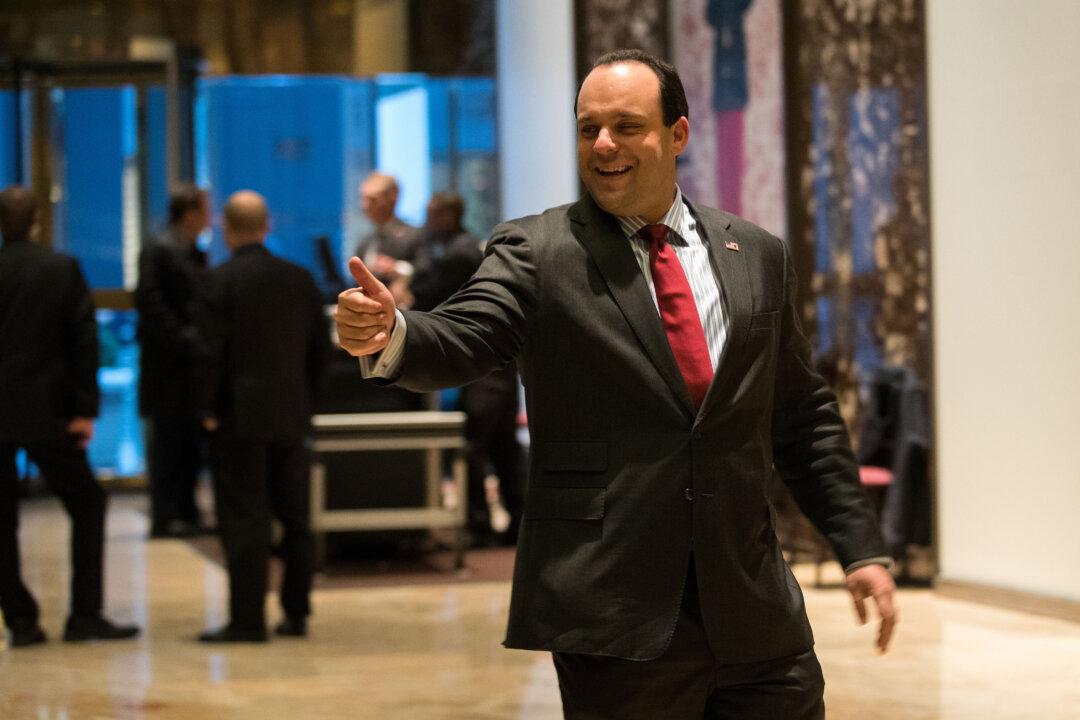Boris Epshteyn, a campaign adviser for President Donald Trump who has been involved in lawsuits challenging the 2020 election results, says to expect a lot more legal action in Pennsylvania.
“I don’t want to get ahead of what we are going to do in actual legal action,” Epshteyn told WarRoomPandemic on Thursday. “But let me just tell you that it takes issues that have been argued—but have not been argued in front of the Supreme Court and have not gone up to the Supreme Court—and it moves forward on those, very importantly.”





